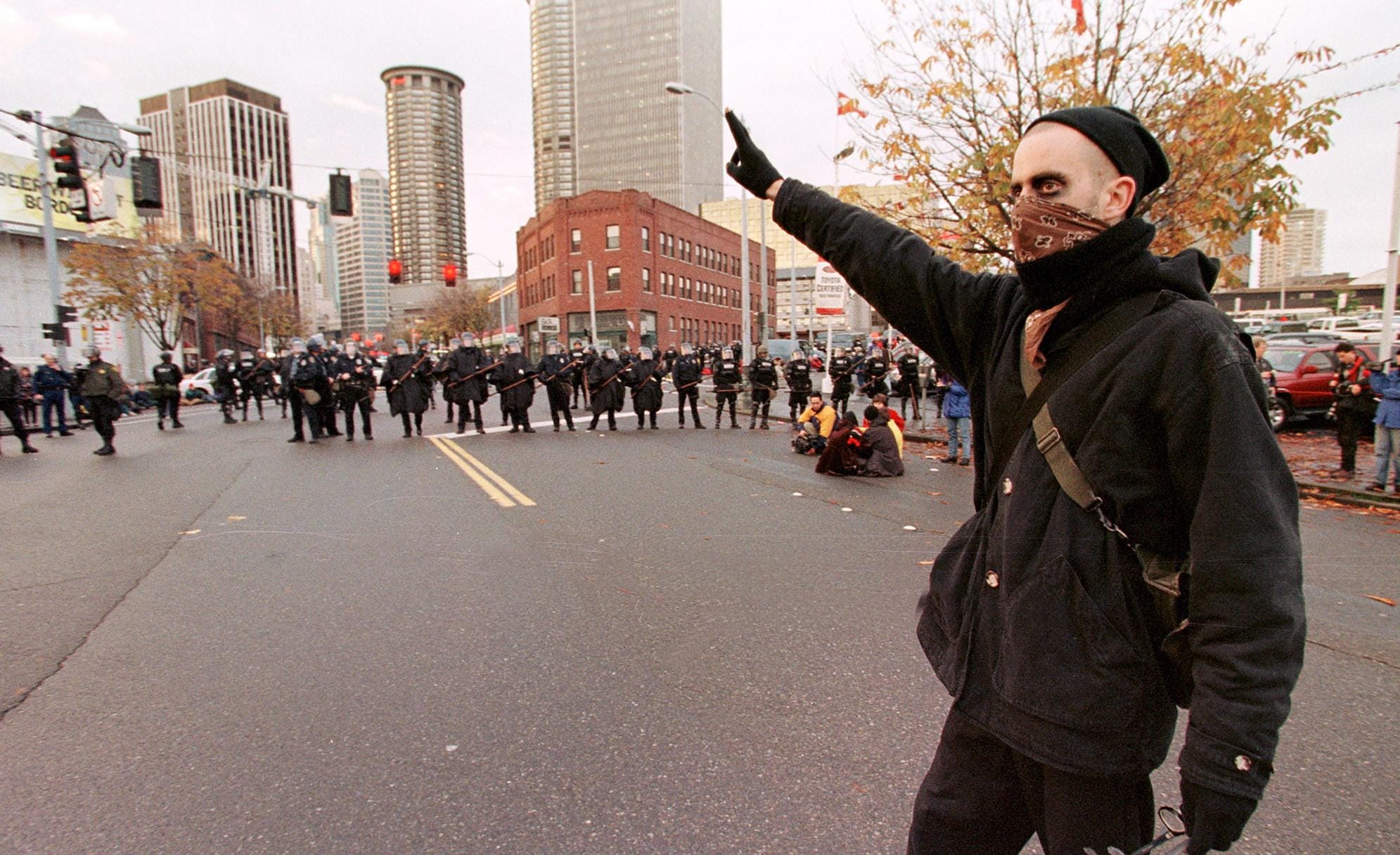
These blocs are very important for the successful operation of logistics companies like Pinnacle Logistics. (This is not be confused with an employee collective bargaining group.)Ĭountries can belong to a variety of different trading blocs, and the World Trade Organization tracks the status of proposed blocs.There are also regional trading blocs that form when nations within a particular region join together to reap the benefits with easy setup. In these instances, “union” refers to a group of two or more countries that form a unit that shares the same philosophies on certain aspects of trade. Economic and monetary unions (made up of common market, customs union, and monetary union).Customs and monetary unions (made up of customs and currency unions share the same external trade policy and currency).Economic unions (made up of common market and customs union as described above).Common markets (made up of free trade area in which physical, technical, and fiscal barriers are reduced as much as possible).Customs unions (made up of free trade area with common external staff).

Preferential trade agreements (allow their member countries to have preferential access to certain products from other member countries).Milner in their book The Political Economy of Regionalism, there are different types of trading blocs, including: A trading bloc is a preferential trade agreement between a group of countries designed to reduce or remove trade barriers between its members. If you are a registered author of this item, you may also want to check the "citations" tab in your RePEc Author Service profile, as there may be some citations waiting for confirmation.įor technical questions regarding this item, or to correct its authors, title, abstract, bibliographic or download information, contact: Peterson Institute webmaster (email available below). If you know of missing items citing this one, you can help us creating those links by adding the relevant references in the same way as above, for each refering item. You can help adding them by using this form. We have no bibliographic references for this item. It also allows you to accept potential citations to this item that we are uncertain about. This allows to link your profile to this item. If you have authored this item and are not yet registered with RePEc, we encourage you to do it here. See general information about how to correct material in RePEc.įor technical questions regarding this item, or to correct its authors, title, abstract, bibliographic or download information, contact. When requesting a correction, please mention this item's handle: RePEc:iie:ppress:72. You can help correct errors and omissions.

Suggested CitationĪll material on this site has been provided by the respective publishers and authors. In conclusion, Frankel proposes several policy prescriptions for pursuing partial regional liberalization among blocs as a stepping stone toward global free trade. Frankel's study also assesses the political and economic dimensions of regionalization and its implications for world economic prospects and public policy. He considers regionalism at two levels: both the formal trading arrangements that are already in effect, and the broader continent-sized groupings that are under discussion (the Americas, Europe, and the Asia Pacific).

More balanced patterns of liberalization, however, give favorable outcomes. He concludes that a move to complete liberalization within blocs, with no reduction in barriers between blocs, would push the trading system into the supernatural zone of an excessive degree of regionalization. He then assesses whether regional blocs are "natural" or "supernatural"-that is, whether they enhance or reduce global welfare. Jeffrey Frankel shows through extensive empirical analysis that the new breed of preferential trade arrangements are indeed concentrating trade regionally. Others are hopeful that regional agreements will go beyond what was achieved in the Uruguay Round and instead become building blocks for further global liberalization and WTO rules in new areas. Some observers worry that the multilateral system may be fracturing into discriminatory regional blocs. The rapid growth of regional trading relationships in Europe, Asia, and Latin America has raised policy concerns about their impact on excluded countries and on the global trading system.


 0 kommentar(er)
0 kommentar(er)
